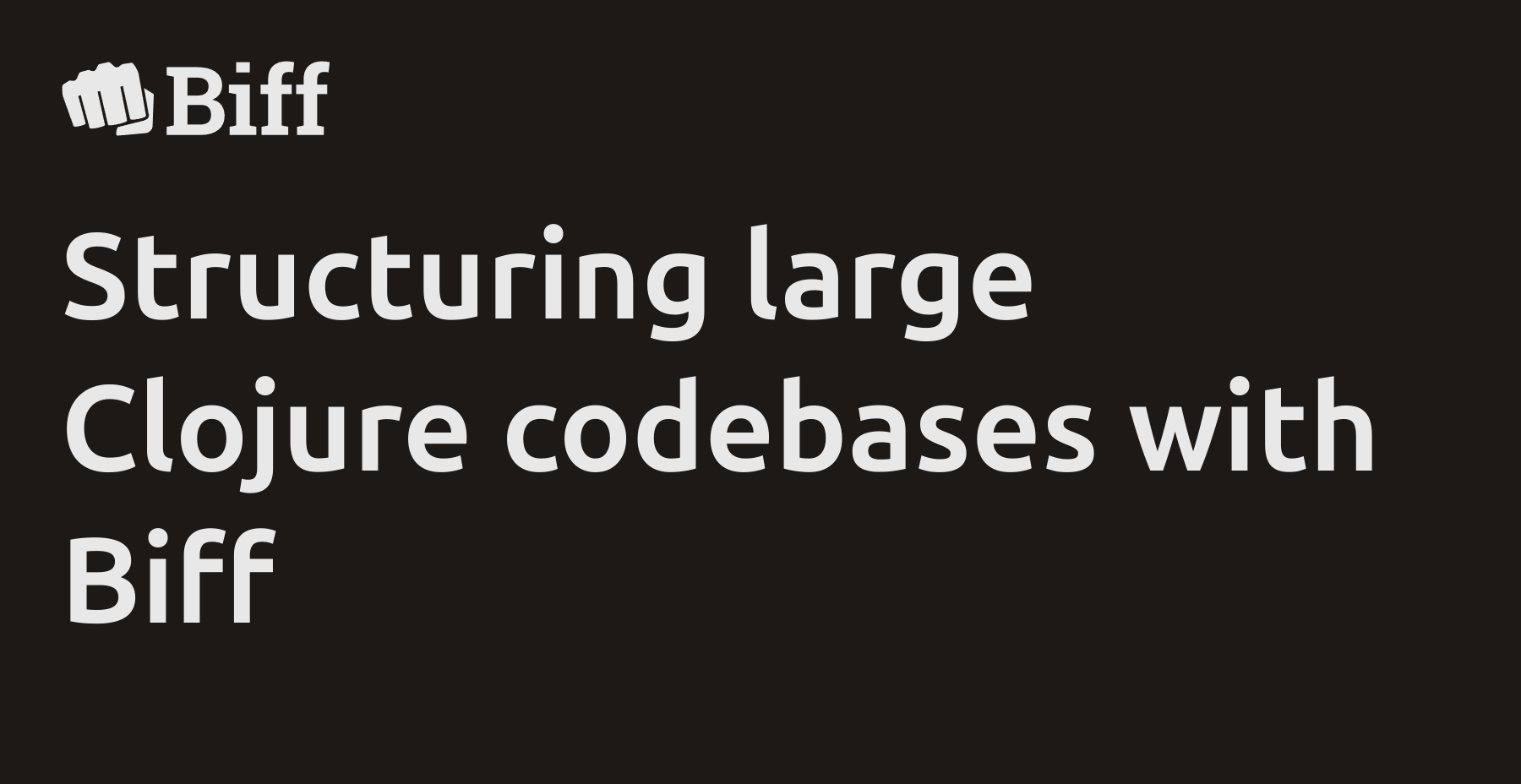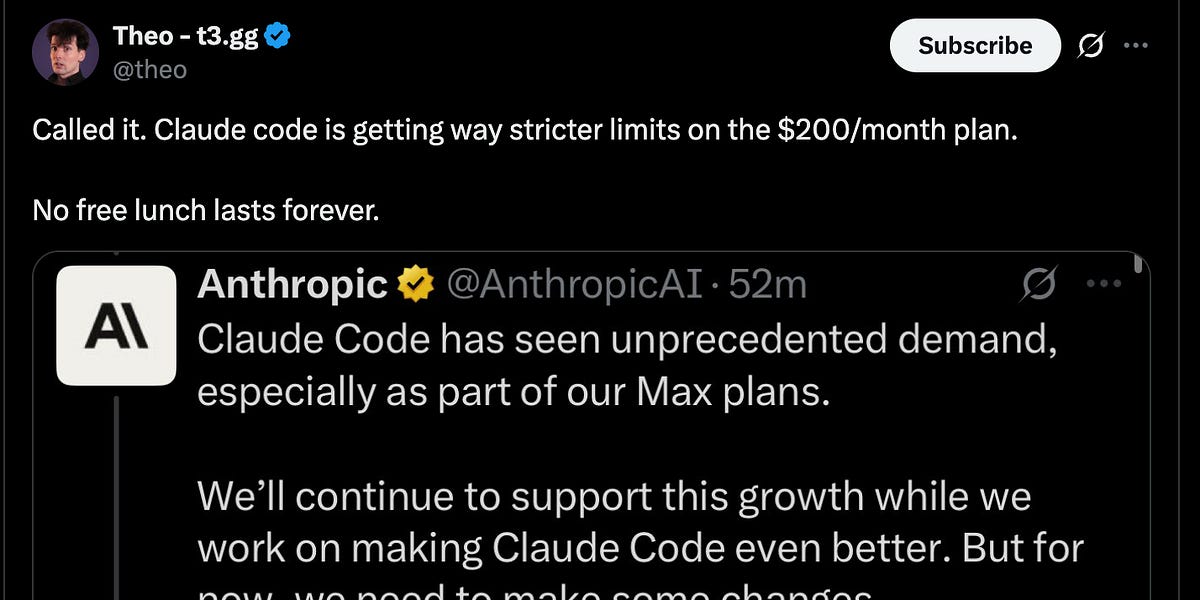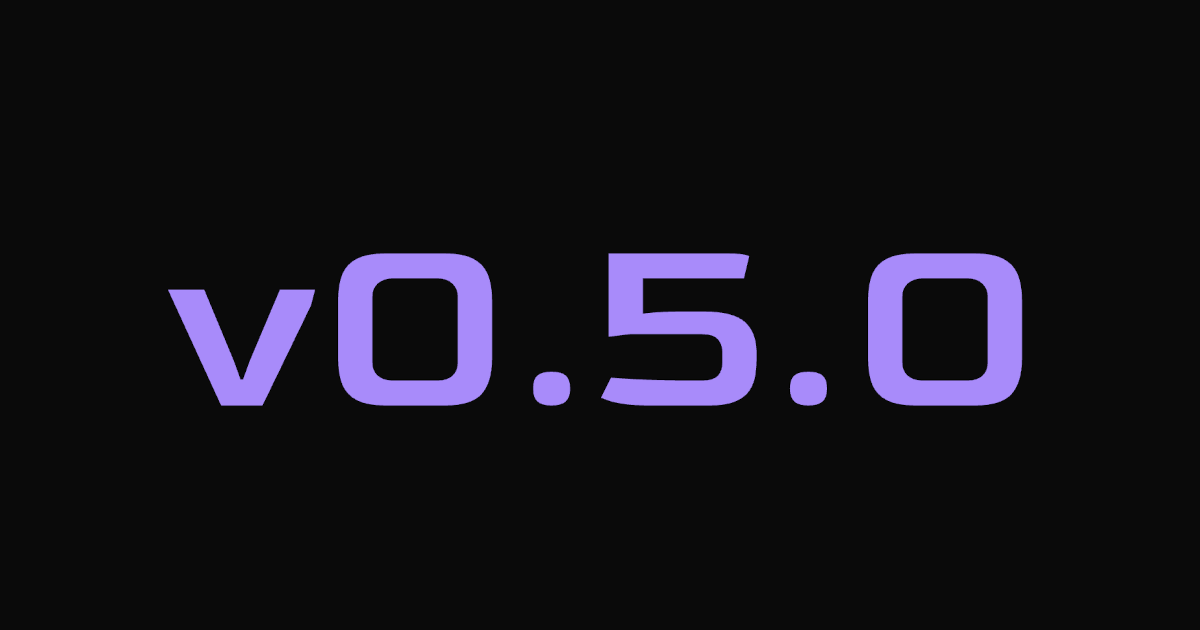Beyond Boring MFA: Hilariously Absurd Authentication Ideas
Tired of tedious multi-factor authentication? This author shares a series of wildly creative alternatives, ranging from poker hand comparisons to Rubik's Cube puzzles, even chess matches and karaoke performances! Each idea has its quirks, some boasting high security, others prioritizing ease of use, while others are simply hilariously absurd. The author ultimately cautions that finding the balance between security and user experience is key, warning against reinventing the wheel.














